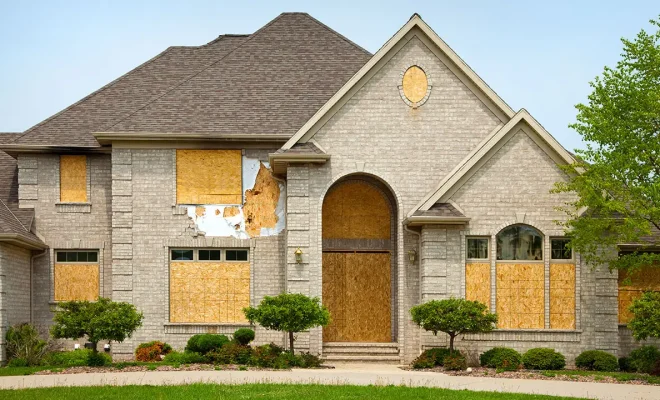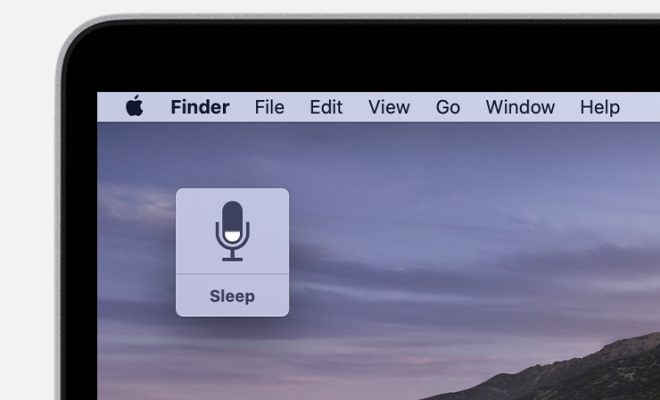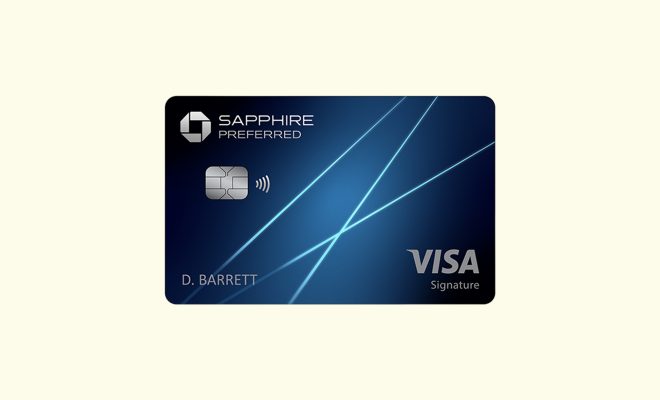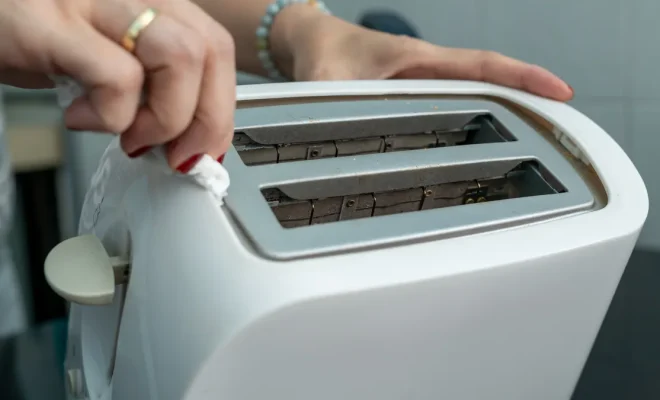Buying a Foreclosed Home: Where to Search, How to Buy, and What to Watch Out For

Foreclosures can be an attractive option for homebuyers looking to score a great deal on a new property. However, the process can be more challenging than purchasing a traditional home. In this article, we’ll cover where to search for foreclosed homes, how to buy them, and what potential pitfalls you should watch out for.
Where to Search for Foreclosed Homes
1. Local Real Estate Agents: Many real estate agents have experience handling foreclosed properties and can provide you with listings. Reach out to local agents who specialize in foreclosures to get access to these properties.
2. Bank Websites: Banks often maintain lists of their foreclosed homes on their websites. Doing a quick search for “bank-owned properties” or “REOs” (Real Estate Owned) will lead you to these pages.
3. Government Agencies: The U.S Department of Housing and Urban Development (HUD), Fannie Mae, and Freddie Mac all have websites dedicated to listing their owned foreclosures.
4. Online Foreclosure Listing Services: Websites like RealtyTrac, Foreclosure.com, Zillow, and Redfin allow you to filter your property search specifically for foreclosures.
5. County Courthouse or Public Records Office: Foreclosure notices are often recorded at the local county courthouse or public records office. Searching through these public records can give you access to foreclosure listings that may not yet be available online.
How to Buy a Foreclosed Home
1. Determine Your Budget – Before starting your search, have a clear idea of how much you can afford to spend on both the home price and any necessary repairs or upgrades.
2. Get Pre-Approved for a Mortgage – Many foreclosed properties require a cash offer or mortgage pre-approval due to their often fast-paced sales environment. Speak with your lender about obtaining pre-approval for a mortgage.
3. Do Your Homework – Research the neighborhood and market trends to ensure you’re getting a good deal on the property.
4. Inspect the Property Thoroughly – Foreclosed homes are often sold “as is”, meaning the bank won’t make any repairs or improvements. Hire a professional inspector to identify any potential issues that may require costly repairs.
5. Make an Offer – Work with your real estate agent to place an offer on the foreclosed home that takes into account the necessary repairs and upgrades.
What to Watch Out For
1. Legal Issues – Ensure there are no liens, outstanding taxes, or unresolved legal matters related to the property before purchasing.
2. Occupied Homes – Some foreclosed properties may still be occupied by previous owners or tenants. You may need to handle these situations with sensitivity and patience through the legal process of eviction.
3. Unknown Repairs – Due to a lack of access and information about foreclosed properties, there might be unexpected repair costs once you take ownership of the home.
4. Competition – Foreclosures often attract investors looking for opportunities, which means you could face stiff competition when placing an offer on a desirable property.
5. Time Constraints – The process of purchasing a foreclosed home can be much faster than a traditional sale, which means you’ll need to act quickly and decisively when pursuing these deals.
In conclusion, buying a foreclosed home can be a great opportunity to find an affordable property that meets your needs. As long as you research effectively, work with professionals who are knowledgeable about local foreclosures, and are prepared for potential pitfalls, you can successfully navigate this often-challenging journey towards homeownership.





